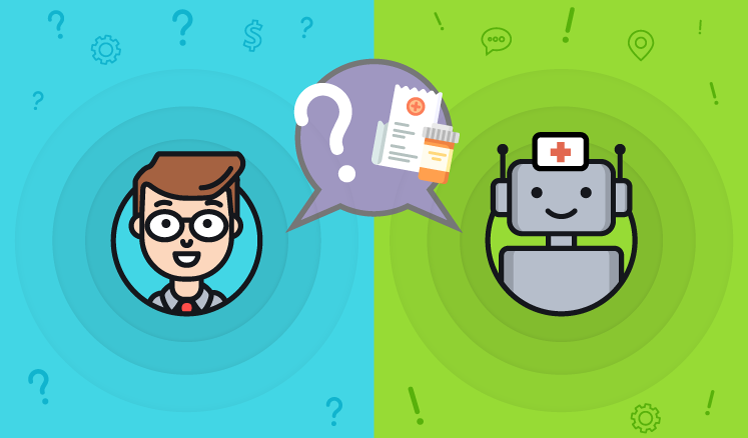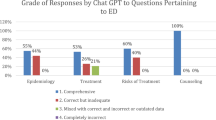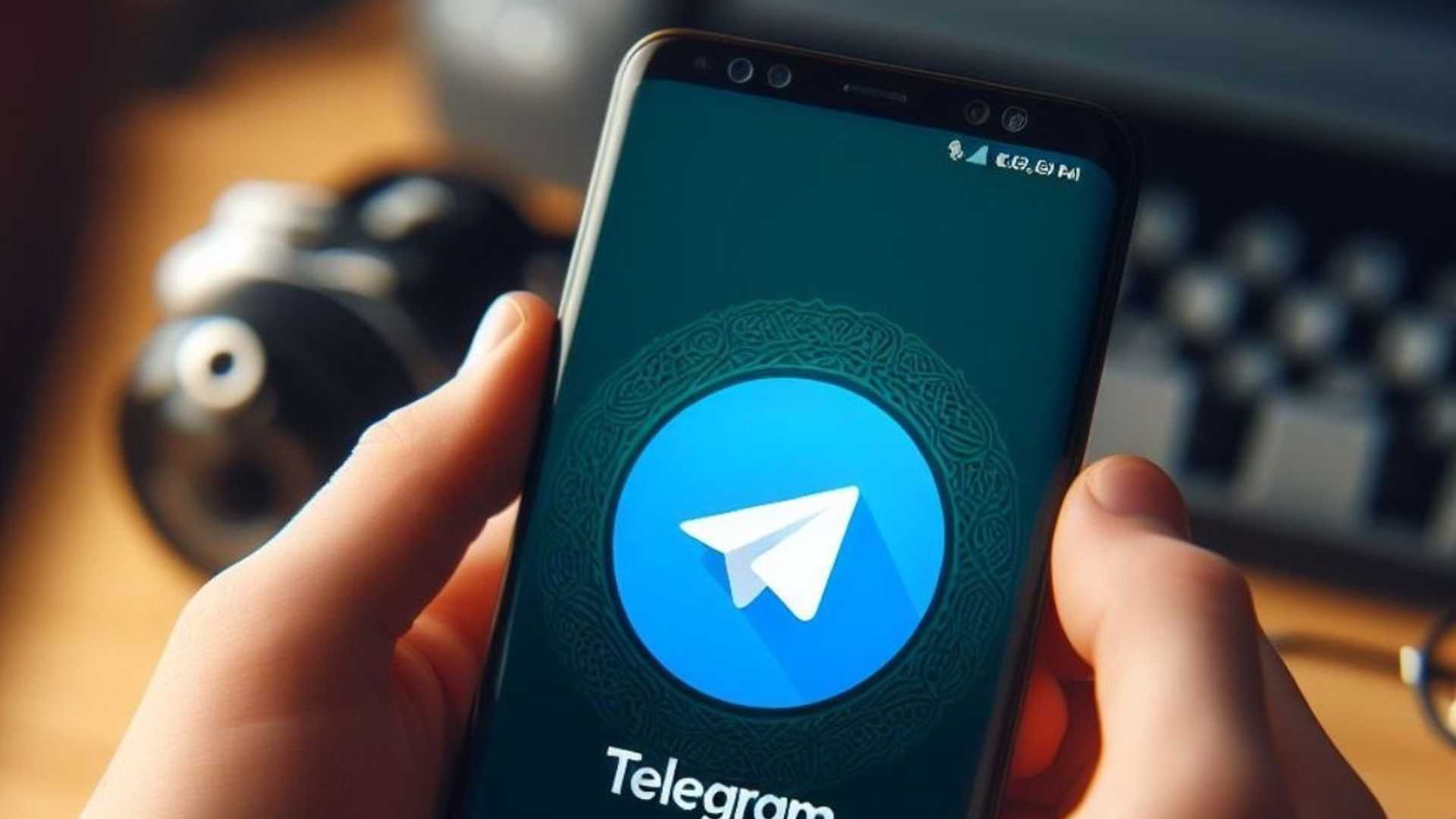The role of ChatGPT-4o in differential diagnosis and management of vertigo-related diseases
Artificial intelligence technology has advanced significantly in recent years, with large language models like ChatGPT demonstrating powerful capabilities in natural language processing. These models, trained on extensive text data, have shown great potential in various sectors, including healthcare.

Diagnostic Accuracy of ChatGPT-4o
To evaluate the diagnostic accuracy of an artificial intelligence chatbot in vertigo-related diseases, a study compared the responses of ChatGPT-4o to 20 clinical questions about vertigo with evaluations by three otologists. The otologists assessed the responses based on accuracy, comprehensiveness, clarity, practicality, and credibility. ChatGPT-4o scored highest in credibility, indicating its potential as a supplementary tool for managing vertigo. However, improvements are needed in readability and diagnostic capabilities.
Application in Otorhinolaryngology
While the application of large language models (LLMs) like ChatGPT-4 in otorhinolaryngology is still in the exploratory stage, studies have shown promising results. ChatGPT-4 has been identified as a potential adjunctive tool in otolaryngology, providing extensive documentation on examinations, diagnoses, and treatments. However, discrepancies still exist between LLMs and clinical experts, highlighting the need for further validation and updates.
![Chatbots in Healthcare [10 Use Cases] + Development Guide](https://acropolium.com/img/articles/chatbots-in-healthcare/img01.jpg)
Management of Vertigo and Related Conditions
ChatGPT-4o has been researched for its role in the diagnosis and management of vertigo-related conditions such as benign paroxysmal positional vertigo (BPPV). Studies have demonstrated the model's capability to diagnose BPPV quickly and directly in clinical settings. Additionally, machine learning models have been employed to differentiate between conditions like Meniere's disease and vestibular migraine, showing promising diagnostic results.

As AI chatbots become more prevalent in providing medical information, it is essential to assess their potential impact on patient care. While AI technologies like ChatGPT-4o offer valuable insights and assistance, caution is advised to ensure the information provided is accurate and reliable for patients seeking guidance on vertigo and related disorders.




















